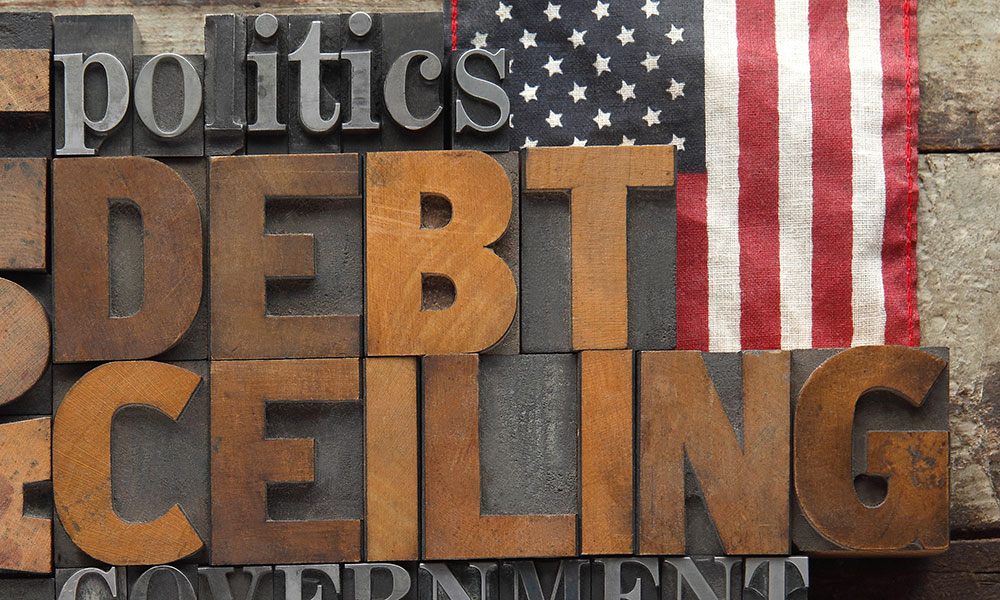
Groups Prepare for Worst in Debt-Ceiling Showdown
With a looming deadline to raise the U.S. debt ceiling threatening financial markets, groups are both boosting their advocacy and dusting off contingency plans.
For the financial sector, September promises to be a big month on the lobbying front.
Here’s why: The debt ceiling is in danger of becoming a political football, as groups and officials worry that Congress will fail to raise the debt limit without a lot of trouble.
Top officials in both the executive branch and in Congress have pushed for a “clean” increase of the debt ceiling, but the House’s conservative Freedom Caucus wants to attach spending cuts to any increase. Meanwhile, others are suggesting attaching the increase to any funding related to Hurricane Harvey cleanup, and Democrats are using the opportunity to push Republicans to include them in any tax-reform efforts.
(The recent hurricane, it should be noted, could even push up the deadline for any debt ceiling deal, due to the amount of money expected to be needed in recovery efforts.)
The uncertainty and potential failure of passage, warn financial groups, could put the industry at a loss, and trade groups are both making their voices heard in the coming weeks and putting together contingency plans in case Congress can’t come up with an agreement.
The Securities Industry and Financial Markets Association, which self-regulates the $14.1 trillion Treasury market, put together contingency plans during prior showdown incidents involving the debt ceiling. In comments to Crain’s New York Business, SIFMA Managing Director and Associate General Counsel Robert Toomey said that the goal was to ensure members were prepared for the worst.
“We are working with our members to dust off and review the assumptions we used in our work done during past debt-ceiling incidents,” Toomey told the news outlet. “We are sort of war-gaming different circumstances. We are organizing our members regarding the conference calls that would need to be made if changes of debt payment dates occurred.”
Another group, the Federal Reserve-sponsored Treasury Market Practices Group, is working on similar plans for trading in a debt-default environment. But it can only do so much in such an environment.
According to minutes recorded from its May meeting reported by Bloomberg, TMPG says that such guidelines “would only modestly reduce, not eliminate, the severe operational difficulties posed by a delayed payment, an event that could cause significant damage to, and undermine confidence in, the markets for Treasury Securities and other assets.”
On the lobbying front, the American Bankers Association has pledged to do everything it can to fend off a potential default.
“The stakes here are incredibly high. The economic impact associated with debt default is so immense,” ABA President and CEO Rob Nichols said in comments to Reuters. “We’re monitoring this extremely closely and we will mobilize as needed throughout September.”
(nebari/iStock/Getty Images Plus)






Comments